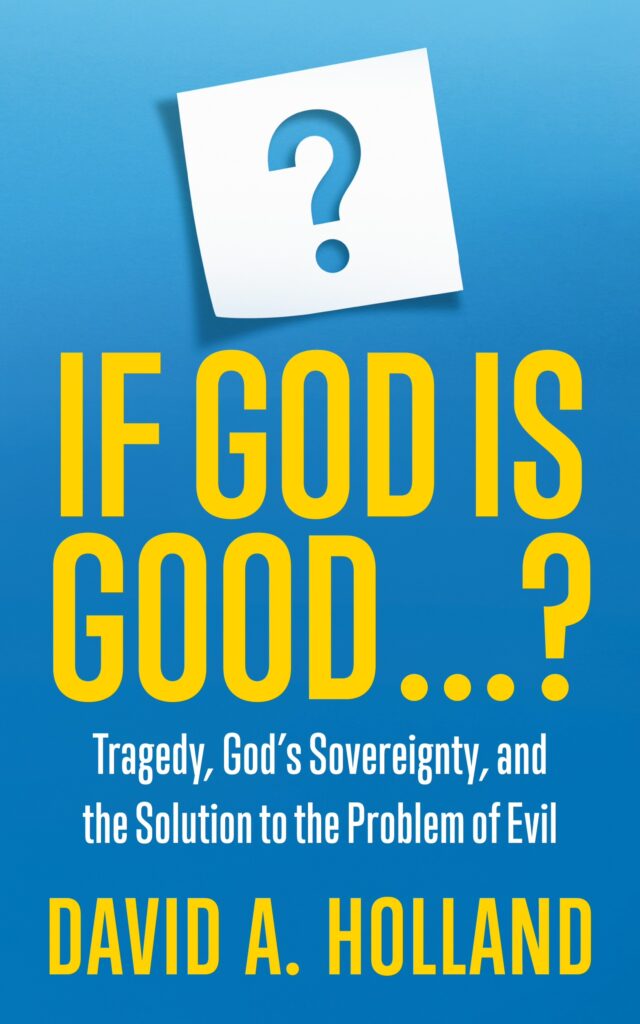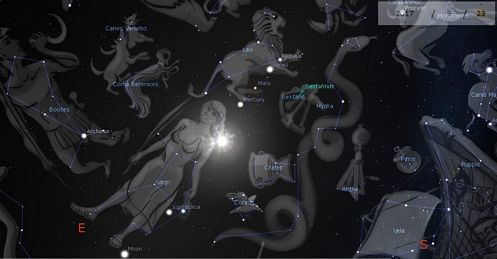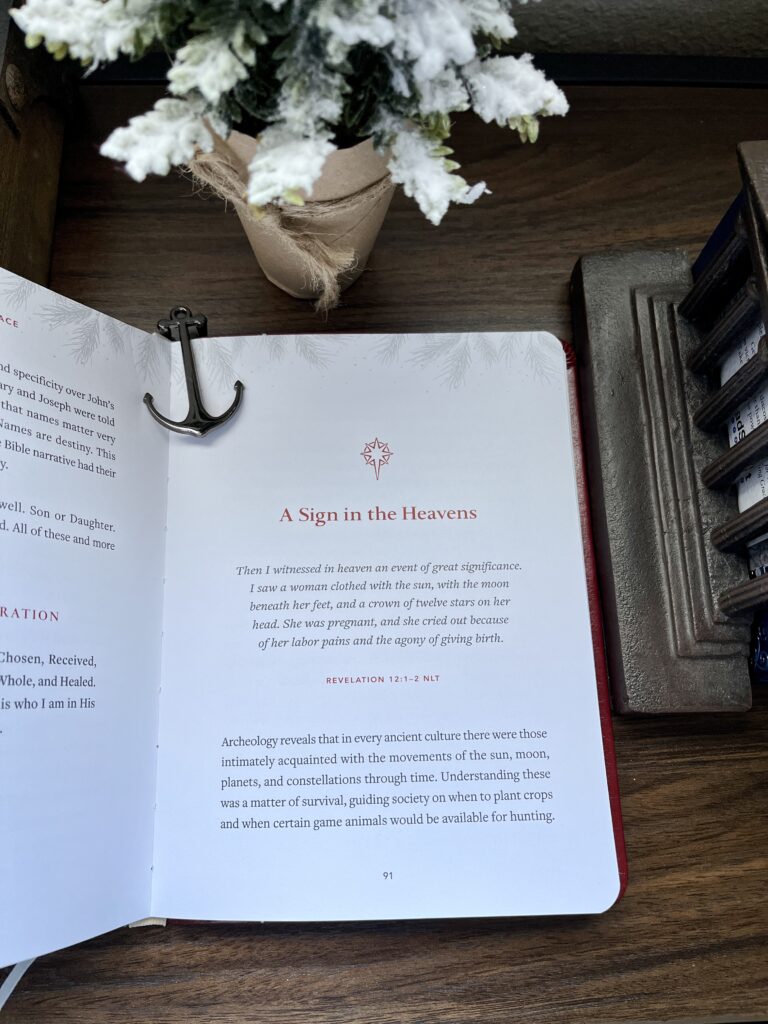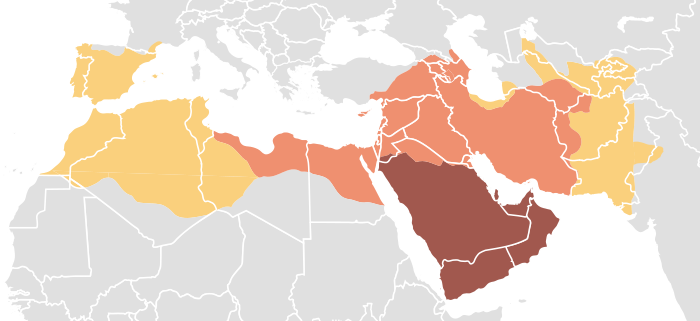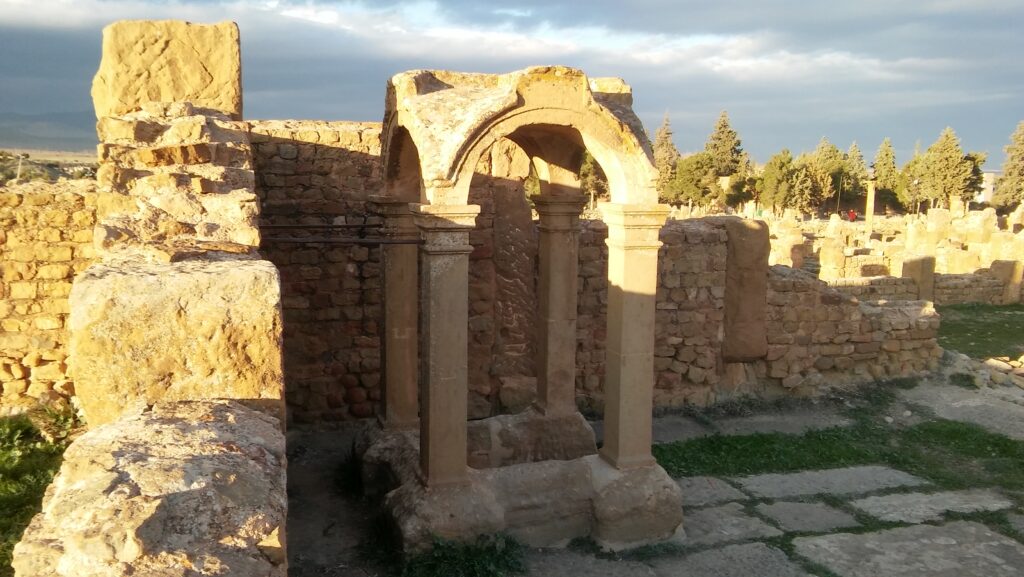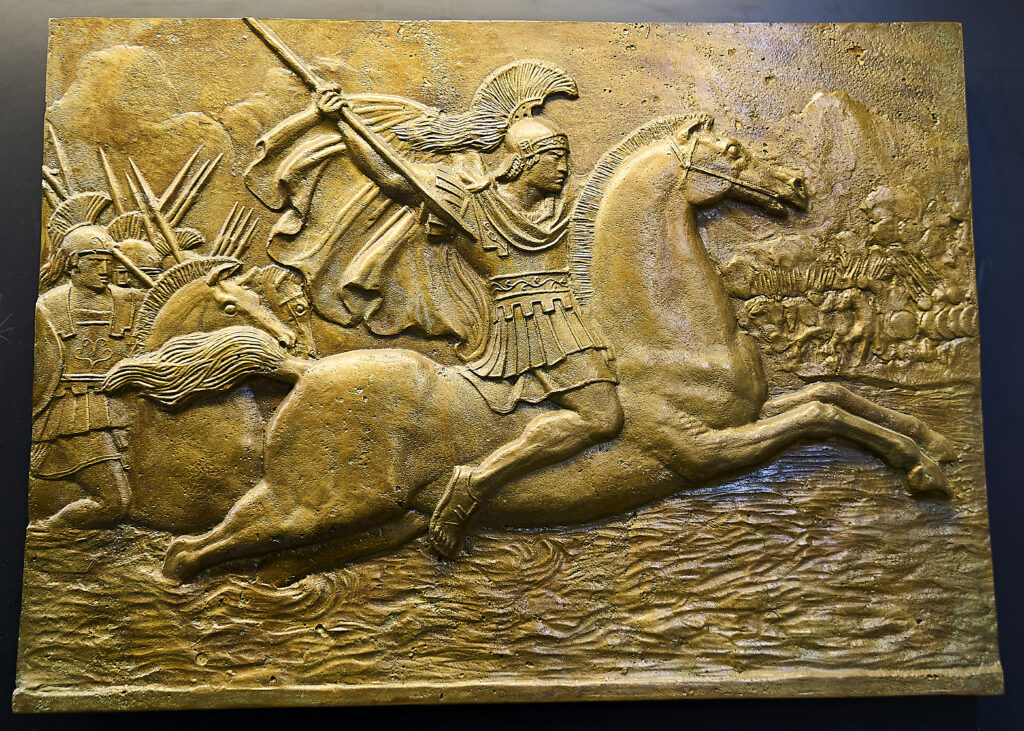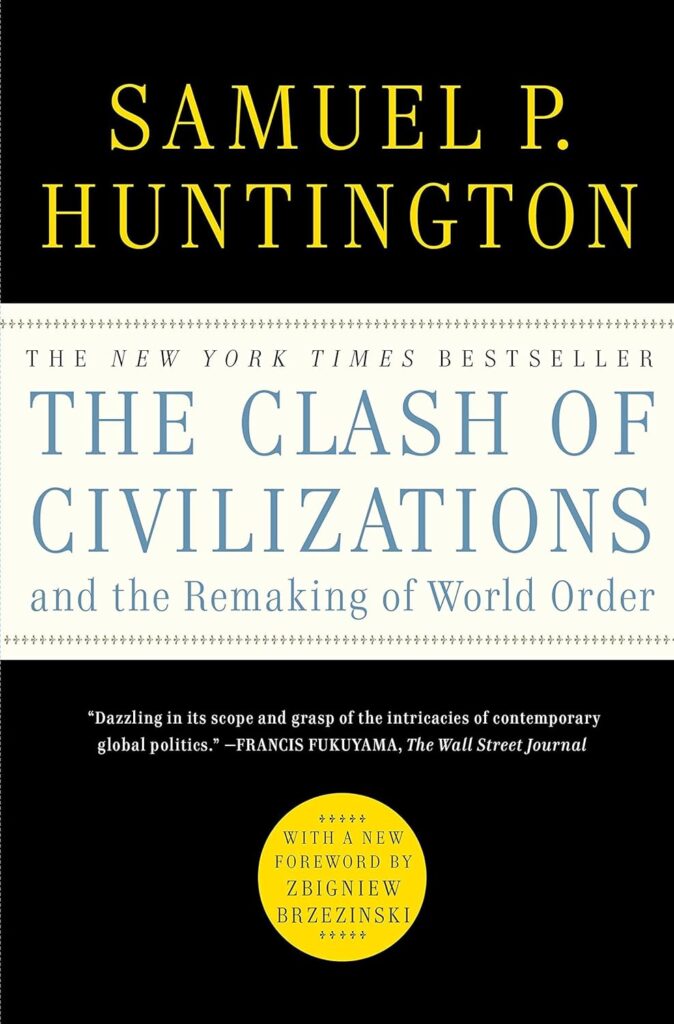Over the years I’ve encountered scores of people who had either walked away from God or had what amounted to an “arms-length” relationship to Him because no one had offered them a satisfying answer to this question:
If God is good, why is there so much tragedy and heartache in the world?
As I mentioned in a Facebook comment just days ago, virtually every “atheist” was really just someone who was mad at God or profoundly disappointed in Him.
Philosophers call it “the problem of evil.” Theologians call the subject “Theodicy.” Millions and millions just call it something like: “If God is good and loves people, why are tragedy, misery, and heartache constantly raining down on them in the world?”
In my new e-book, I reveal an answer that is simultaneously comforting, liberating, accessible, and thoroughly biblical. If you or someone you love has struggled to fully rest and trust in the goodness of God because of questions like these, these pages hold your “good-news” answer.

